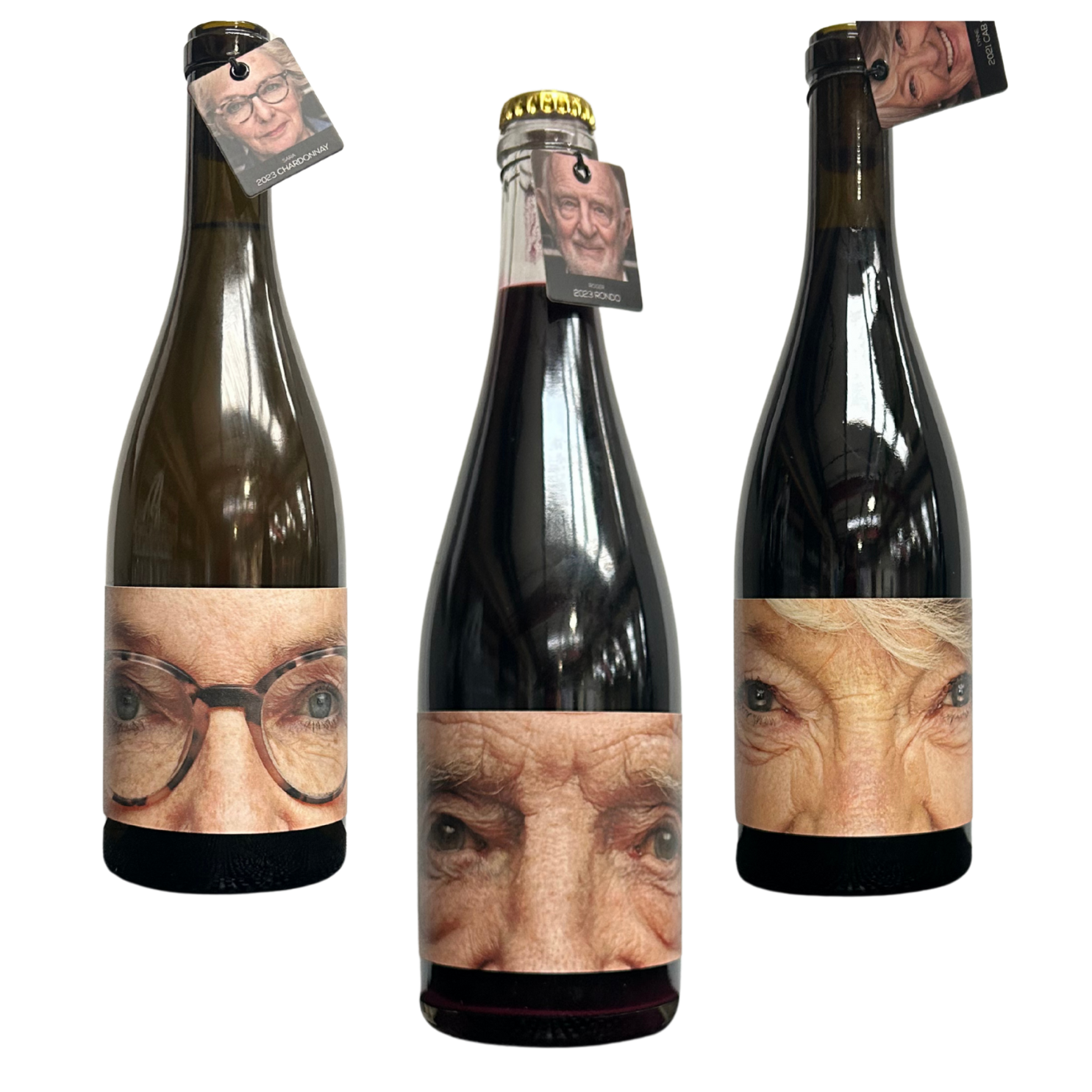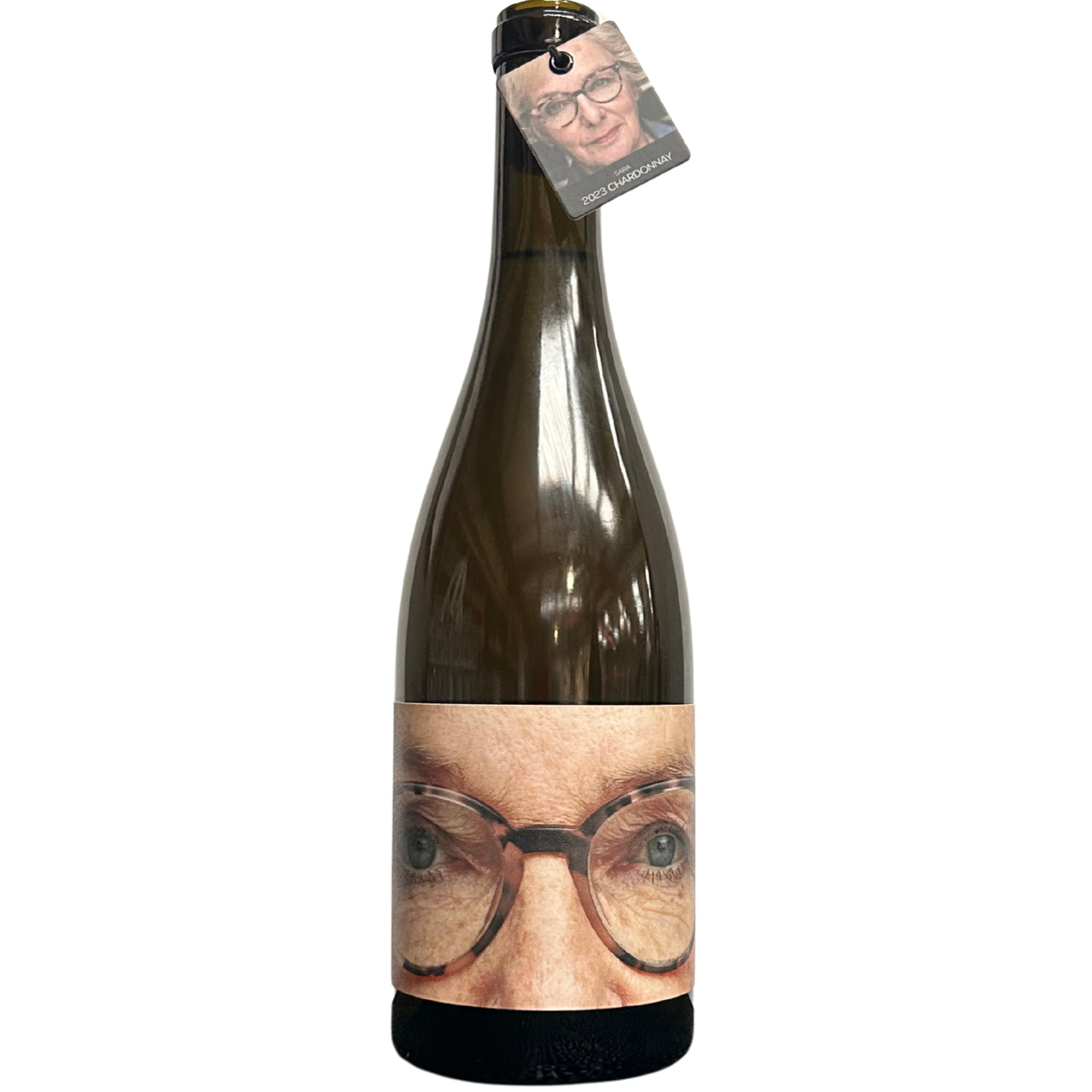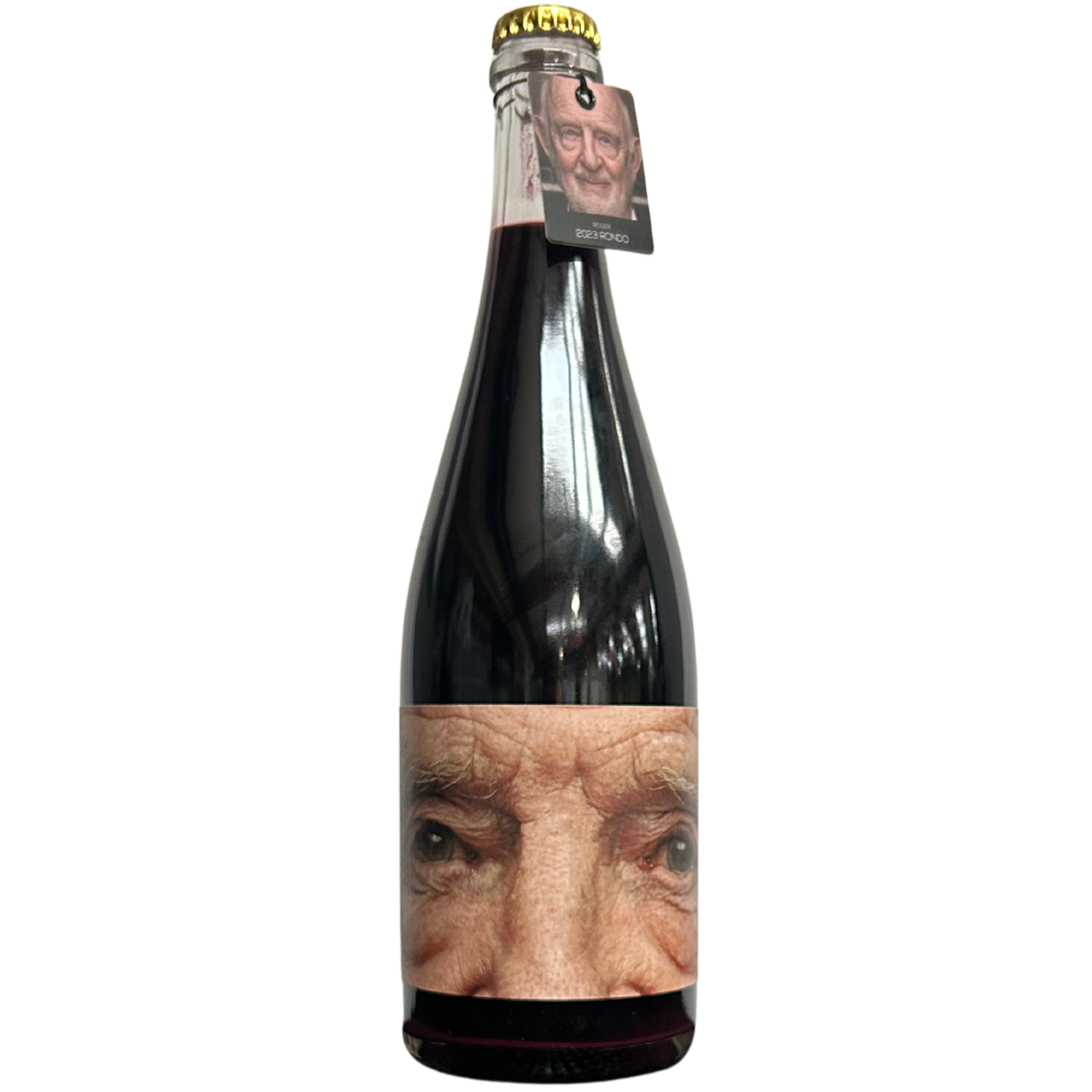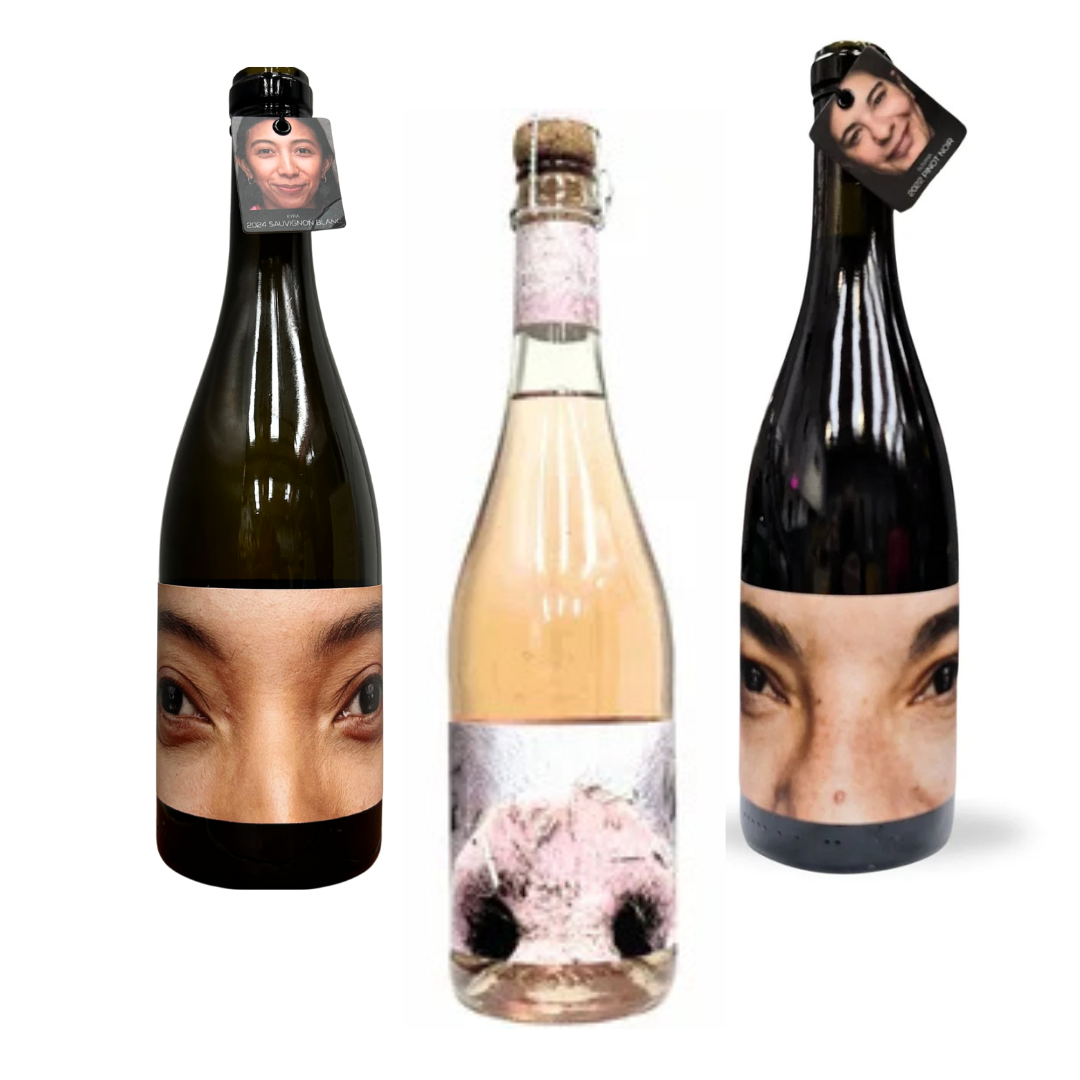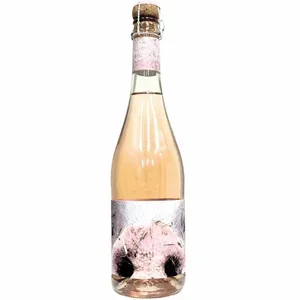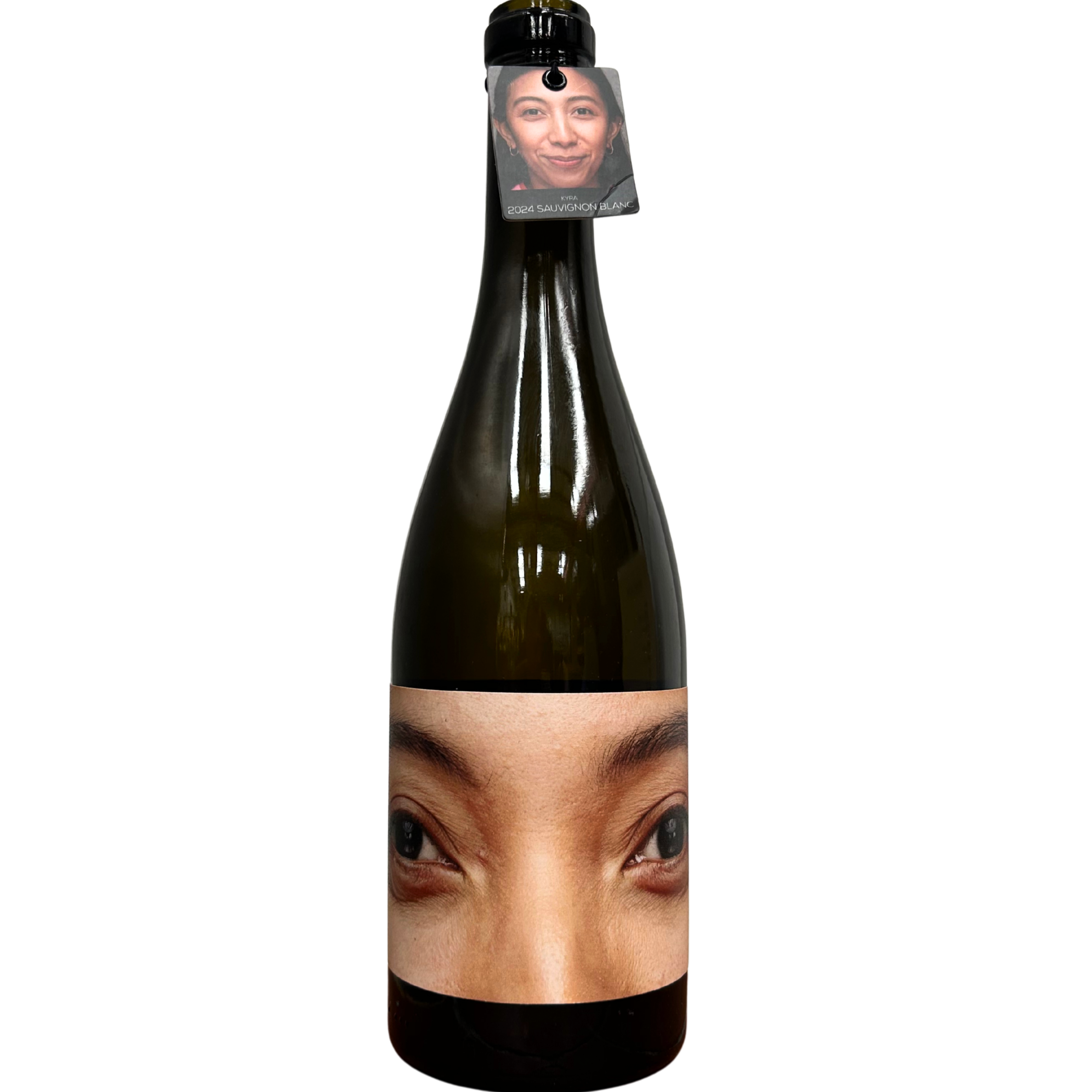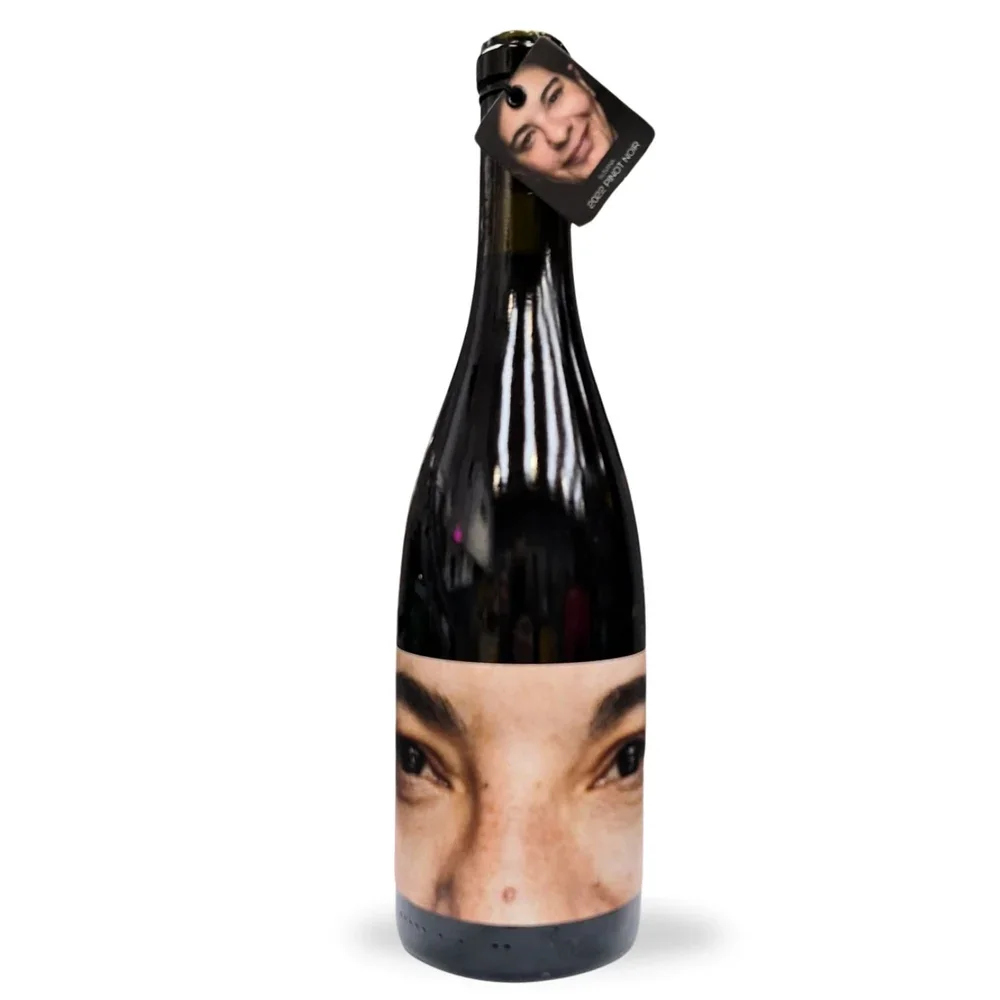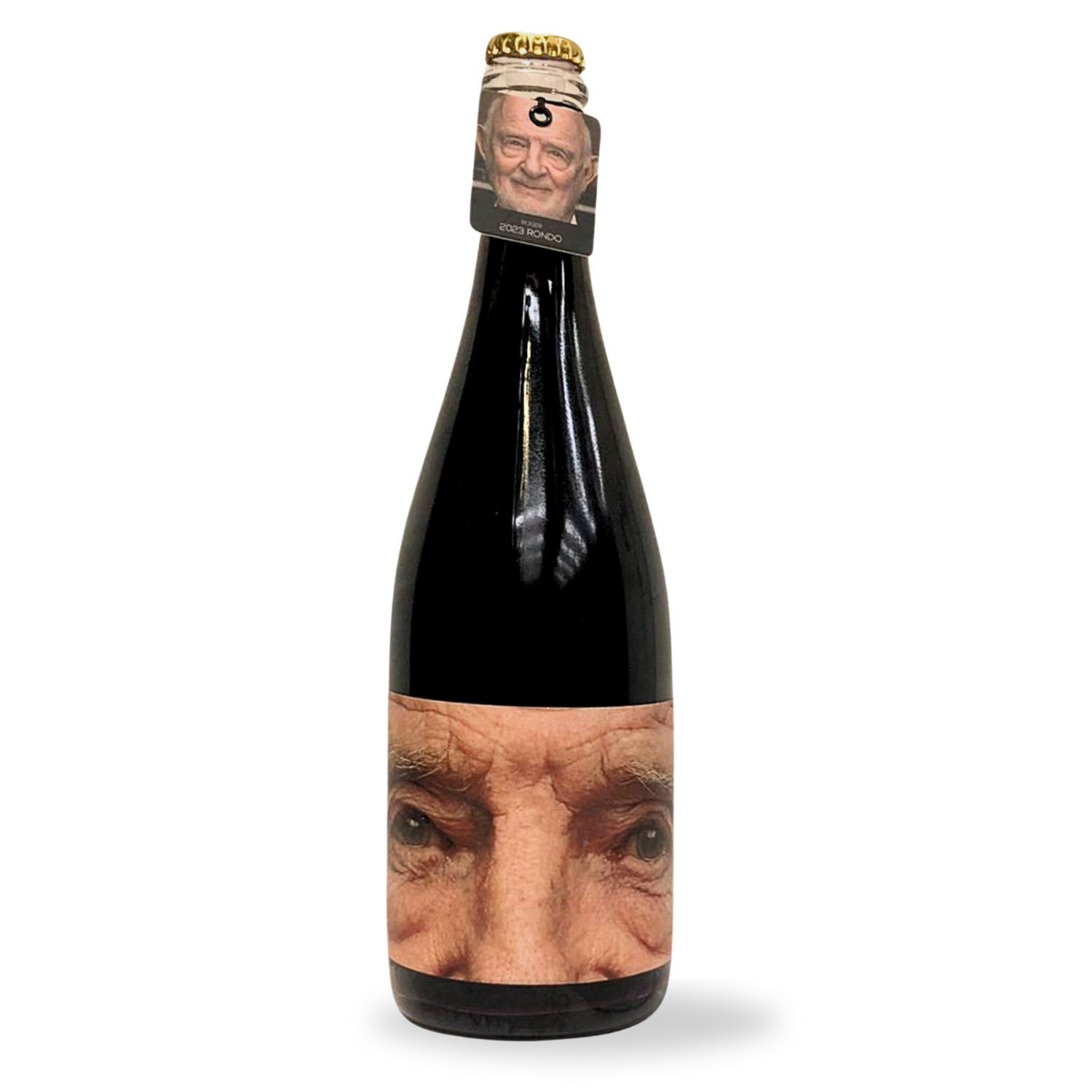 Image 1 of 3
Image 1 of 3

 Image 2 of 3
Image 2 of 3

 Image 3 of 3
Image 3 of 3




Skin Contact Duo
Want to try something a bit different? Allowing the juice to sit on the skins during the wine making process adds complexity and notes that you don't get with a standard white.
'Araceli' 2022 Pinot Grigio Romato
Grapes grown in the Pfalz, Germany.
What's the wine like?
Think of a skin contact/orange style of white wine but with more red wine style structure and palate weight. Or maybe think of a barrel aged rosé on steroids. It is a really complex, unusual wine that has notes of white pepper, cherry, vanilla, cloves, and a real wild strawberry-ness when it starts to open up. She's got a lightly tannic yet soft structure but is really well rounded and changes constantly as you drink her.
So how was Araceli made?
We ferment it fully on the skins for 1 week, so the pinky golden skins colour the wine and make it go 'ramato' or 'copper' as the Italians call it. It's essentially a red wine but made from pink grapes (rather that red grapes). It is fermented using wild yeasts, present in the winery and on the skins of the grapes. We do not add yeast. We also do not add any finings or any other additives to the grapes, juice or wine. We do not filter it either so it may be slightly hazy. It spends a little time aging in new French oak, but it is mainly fermented and aged in a stainless steel tank.
'Rahul' 2023 Skin Contact Bacchus
Grapes grown in Wiltshire.
What's the wine like?
A dry and aromatic wine that has got the typical peachy and elderflowery notes coming from the variety. This vintage is lighter in colour, more delicate in flavour and has got a more pronounced mineral note than previous years. This is due to the different climatic conditions that characterised the vintage 2023.
So how was Rahul made?
The grapes were hand destemmed and fermented in stainless steel vessel for about 8 days. The wine was then separated from the skins through a gentle pressing and aged in stainless steel with regular batonnage for 5 months. It was then lightly filtered and bottled.
Note: This wine, like all our wines, is vegan friendly. They are made without the use of animal based winemaking products.
Want to try something a bit different? Allowing the juice to sit on the skins during the wine making process adds complexity and notes that you don't get with a standard white.
'Araceli' 2022 Pinot Grigio Romato
Grapes grown in the Pfalz, Germany.
What's the wine like?
Think of a skin contact/orange style of white wine but with more red wine style structure and palate weight. Or maybe think of a barrel aged rosé on steroids. It is a really complex, unusual wine that has notes of white pepper, cherry, vanilla, cloves, and a real wild strawberry-ness when it starts to open up. She's got a lightly tannic yet soft structure but is really well rounded and changes constantly as you drink her.
So how was Araceli made?
We ferment it fully on the skins for 1 week, so the pinky golden skins colour the wine and make it go 'ramato' or 'copper' as the Italians call it. It's essentially a red wine but made from pink grapes (rather that red grapes). It is fermented using wild yeasts, present in the winery and on the skins of the grapes. We do not add yeast. We also do not add any finings or any other additives to the grapes, juice or wine. We do not filter it either so it may be slightly hazy. It spends a little time aging in new French oak, but it is mainly fermented and aged in a stainless steel tank.
'Rahul' 2023 Skin Contact Bacchus
Grapes grown in Wiltshire.
What's the wine like?
A dry and aromatic wine that has got the typical peachy and elderflowery notes coming from the variety. This vintage is lighter in colour, more delicate in flavour and has got a more pronounced mineral note than previous years. This is due to the different climatic conditions that characterised the vintage 2023.
So how was Rahul made?
The grapes were hand destemmed and fermented in stainless steel vessel for about 8 days. The wine was then separated from the skins through a gentle pressing and aged in stainless steel with regular batonnage for 5 months. It was then lightly filtered and bottled.
Note: This wine, like all our wines, is vegan friendly. They are made without the use of animal based winemaking products.







